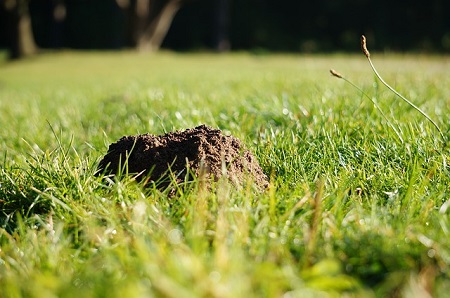Bear Fruit
 Do berries grow on a cherry tree? I don’t think so. Yet, this picture looks that way.
Do berries grow on a cherry tree? I don’t think so. Yet, this picture looks that way.
Plants bear their own kind of fruit.
Berries grow on berry vines or plants. Cherries grow on cherry trees.
People also bear fruit.
Like plants, they bear their own kind of fruit.
- Farmers grow crops.
- Owners of clothing stores sell clothes.
- Artists create works of art.
All have their own talents. Like the berry vine on this cherry tree, people may get close to those with other talents. Yet they bear our own fruit. Few people are a jack of all trades.
To bear fruit means people have good results.
Their work ends in success.
- Farmers grow good crops.
- Clothing store owners sell lots of clothes.
- Artists create amazing paintings or other works of art.
Whatever people’s talents, they do well to bear the best fruit possible.
Remember, people reap what they sow. Therefore, they need to put their hand to the plow, ready to do good work
“No good tree bears bad fruit, nor does a bad tree bear good fruit. Each tree is recognized by its own fruit. People do not pick figs from thornbushes, or grapes from briers” (Luke 6: 43-44 NIV).
Thanks to Ron and Mary Lou Rafferty for the suggestion and picture.
Do you have a favorite expression or one you want explained? If so, please comment.
Subscribe to receive my weekly posts by email and receive a free copy of “Words of Hope for Days that Hurt.”
If you enjoyed this post, please share it with your friends.
 If we own something free and clear, it belongs to us.
If we own something free and clear, it belongs to us. We all get down in the mouth sometimes.
We all get down in the mouth sometimes. When we put our hand to the plow, we are ready to work.
When we put our hand to the plow, we are ready to work. Sometimes we get an idea and run with it.
Sometimes we get an idea and run with it. If I take a wrong step in
If I take a wrong step in 
 Like people in a military parade, we do not want to get off on the wrong foot. We want to start right.
Like people in a military parade, we do not want to get off on the wrong foot. We want to start right. My list of things for the birds includes:
My list of things for the birds includes: We often let the smallest problem bother us most.
We often let the smallest problem bother us most.